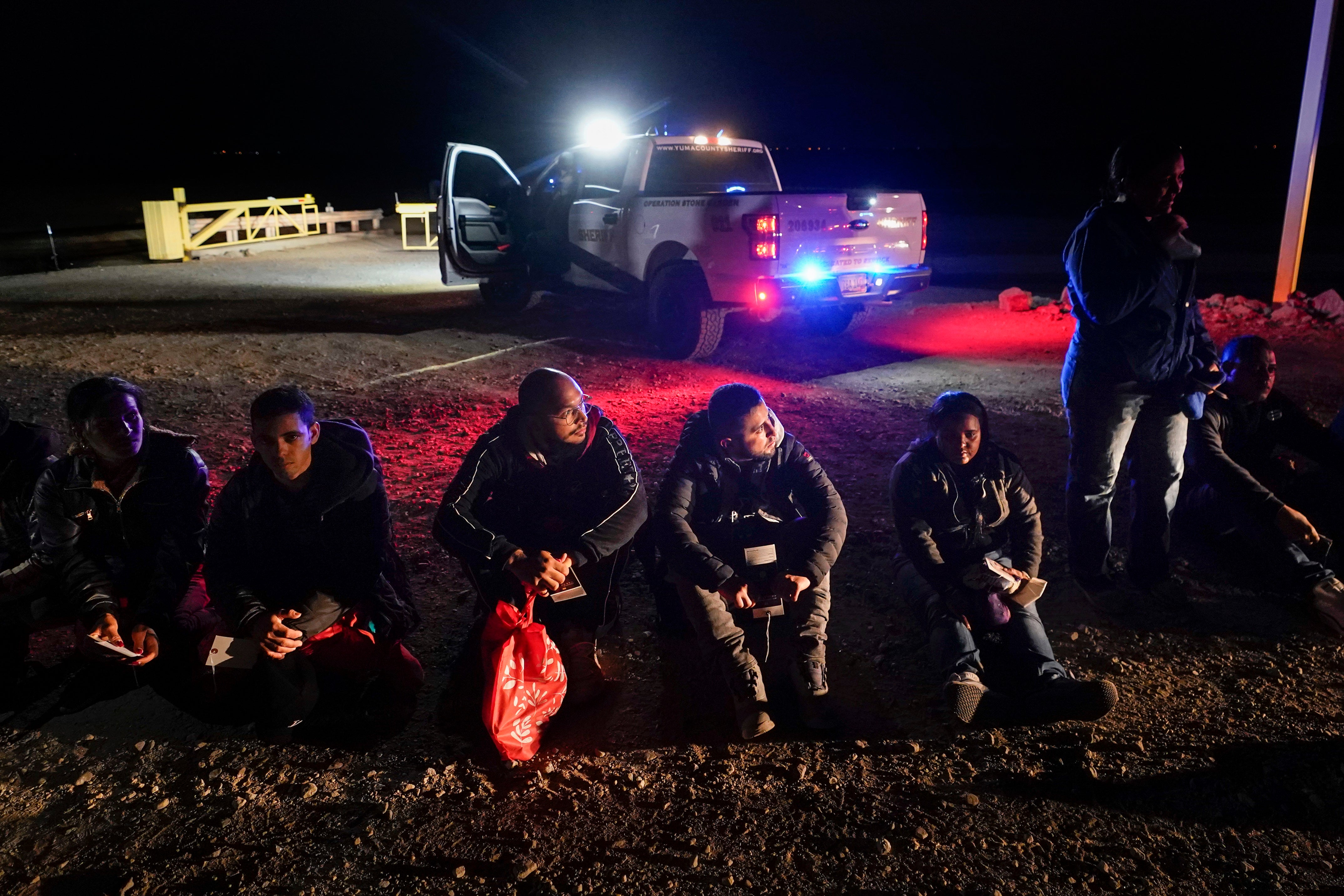A judge blocks limits on asylum at US-Mexico border but gives Biden administration time to appeal
A federal judge has blocked a rule that allows immigration authorities to deny asylum to many migrants who arrive at the U.S.-Mexico border without first applying online or seeking protection in a country they passed through

A federal judge on Tuesday blocked a rule that allows immigration authorities to deny asylum to migrants who arrive at the U.S.-Mexico border without first applying online or seeking protection in a country they passed through. But the judge delayed his ruling from taking effect immediately to give the administration time to appeal.
The order from U.S. District Judge Jon Tigar of the Northern District of California takes away a key enforcement tool set in place by the Biden administration as coronavirus-based restrictions on asylum expired in May. The use of a rule known as Title 42 allowed the U.S. to expel millions of people starting in early 2020 on the grounds of preventing the spread of COVID-19.
The new rule imposed severe limitations on migrants seeking asylum. It included room for exceptions and did not apply to children traveling alone. Tigar's order will not take effect for two weeks.
Immigrant rights groups that sued argued it was a violation of U.S. law that protects the right to asylum regardless of how a person enters the country. The groups said it forced migrants to seek protection in countries that don’t have the same robust asylum system and human rights protections as the United States and leaves them in a dangerous limbo. They also argued that the CBP One app the government wants migrants to use doesn't have enough appointments and isn’t available in enough languages.
The Biden administration said the asylum rule was a key part of its strategy to strike a balance between strict border enforcement and ensuring several avenues for migrants to pursue valid asylum claims. The rule was a response to political and economic instability fueling an exodus of migrants from countries including Brazil, Colombia, Cuba, Ecuador, Haiti, Nicaragua, Peru and Venezuela.
Critics have argued that the rule is essentially a newer version of two efforts by President Donald Trump to limit asylum at the southern border. The Supreme Court eventually allowed the Trump administration to limit asylum for people who don't apply for protection in a country they travel through before coming to the U.S. to go into effect. But another Trump effort to bar people from applying for asylum except at an official border entry point was caught up in litigation and never took effect.
In announcing the new rule, the Biden administration emphasized the complex dynamics at play when it comes to immigration that at one time consisted largely of adults from Mexico seeking to come to the U.S. They could easily be returned home. Now migrants come from across the Western Hemisphere and beyond.
Bookmark popover
Removed from bookmarks